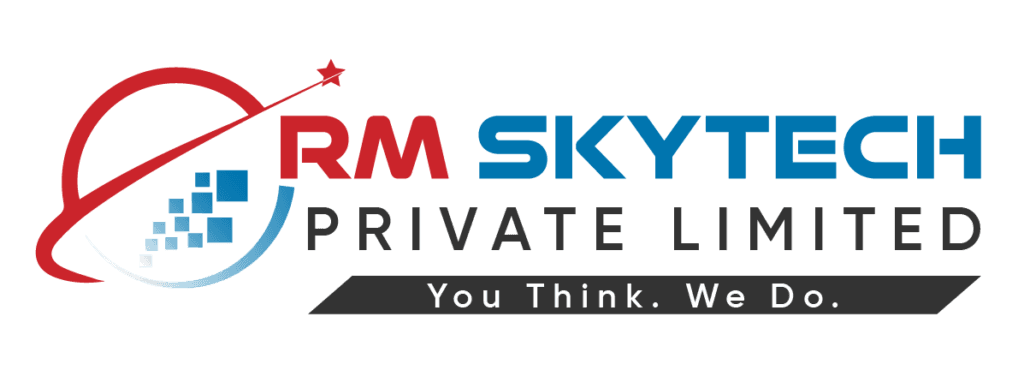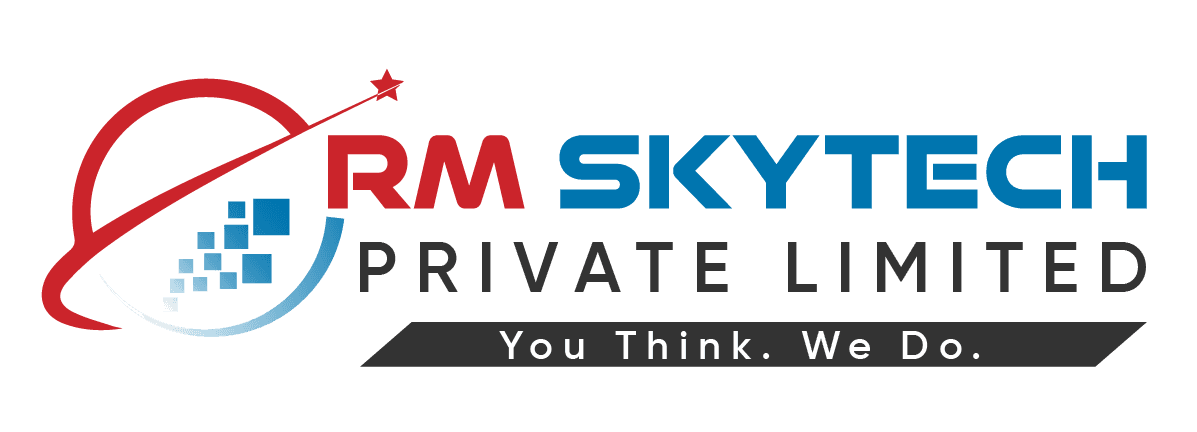
10 Types of Digital Marketing: How to develop Digital Marketing Strategy?
Introduction:
Digital marketing use various digital technologies, including computers, mobile phones, and other digital media and platforms, to disseminate promotional messages. It can be applied to both business-to-business and business-to-consumer marketing, according on the campaign’s goals and objectives. Particular benefits of digital marketing include increased reach, better targeting, tailored messaging, and higher ROI (Return on Investment). Additionally, it enables companies to stay current with technological advancements and marketing trends. Through effective ideas and approaches, businesses may use digital marketing to expand their audience and become more visible.
Benefits of Digital Marketing:
The benefits of digital marketing include increase brand awareness, improved customer engagement, lower marketing costs, increased customer loyalty, and higher ROI. Furthermore, digital marketing can potentially increase sales and profits, as well as build lasting relationships with customers. By leveraging the power of digital marketing, businesses can effectively reach their target audience and drive growth.
Types of Digital Marketing:
Digital marketing can take many different forms:
*Search engine optimization (SEO): This is the process of boosting a website’s visibility on search engine results pages. (SERPs).
* Search engine marketing (SEM): This requires the use of paid advertising in search engine results pages.
*Content marketing : It’s comprises creating and disseminating valuable, relevant, and consistent material in order to attract and retain a well -defined audience.
*Social media marketing: This entails utilizing social media websites to interact with clients and advertise a company.
*Email marketing: This involves using email to send marketing messages to customers and potential customers.
*Mobile marketing: This involves using mobile apps, SMS, and other mobile channels to reach customers.
*Marketing automation: The use of software to automate marketing processes like email campaigns and social media posts.
*Influencer marketing: This entails collaborating with influencers, or persons with a large social media following, to promote a business.
*Video marketing: It’s refers to the use of video content to promote a business, such as on YouTube or social media.
*Affiliate marketing: This entails reaching out to new customers through affiliates, or people who promote a company’s products in exchange for a commission.
How to develop Digital Marketing Strategy?
Creating a digital marketing strategy is an essential component of any successful organization. It entails conducting research, planning, and executing to guarantee that your digital marketing activities accomplish your targeted results.
When developing a digital marketing plan, keep the following steps in mind:
1. Define Your Goals – The first step in developing an effective digital marketing plan is defining your goals.
2. Determine Your Target Audience – Knowing who you want to reach with your digital marketing efforts is critical. Investigate your target demographic and construct buyer personas to better understand who they are and what they require.
3. Select Your Digital Channels – Different channels have different benefits, and it is critical to understand which ones will be most beneficial for your digital marketing strategy.
4. Create a Content plan – Create a content strategy that incorporates a variety of material kinds, such as blog articles, videos, infographics, and more.
5. Monitor and Analyze Results – Once you have implemented your digital marketing.
Conclusion:
Digital marketing is a constantly changing and dynamic industry of marketing. As technology evolves and marketing tools become more complex, digital marketers must stay ahead of the curve. Understanding the significance of digital marketing, its many types and tools, and how to create a successful digital marketing plan will assist any business or organization in reaching their objectives. Understanding the customer journey and devising a plan that will be effective in reaching the target audience are all part of digital marketing. To be effective, digital marketers must maintain agility and stay current on industry trends and changes.

